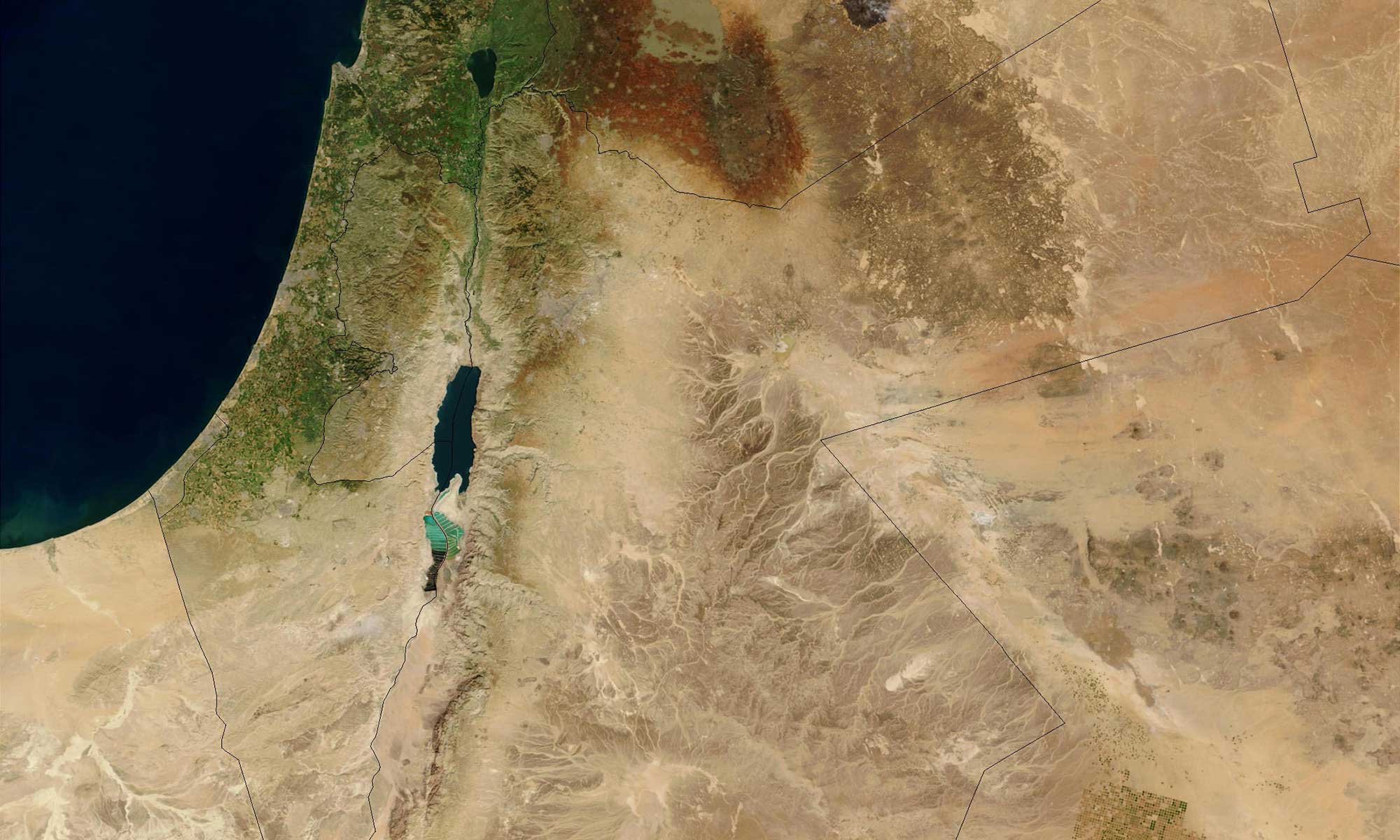Friends Meeting at Cambridge
Cambridge, Massachusetts, adopted January 2016
“Our lives are love, and peace, and tenderness; and bearing one with another, and forgiving one another, and not laying accusations one against another, but praying one for another, and helping one another up with a tender hand.” (Isaac Penington, 1667)
For nearly four centuries Quakers have aspired to live by a testimony of peace. We have sought to put our faith into practice that all might live “in the virtue of that life and power that [takes] away the occasion of all wars.” —George Fox, 1650
Thus, deeply troubled by the level of violence in Gaza in the summer of 2014, we have labored with one another to find the words to best address the tragic state of life in the place many call the Holy Land. We are gravely concerned that the peoples living in this land sacred to Jews, Christians, and Muslims experience occupation and siege and the threat of annihilation. We implore our national leaders to do whatever is possible to ensure that all those living in this land of white hills and ancient trees can find a just and peaceful future.
We have come to believe that much of the U.S. foreign policy in the Middle East has contributed to the current debilitating state of affairs. For more than sixty years, for example, the U.S. government has provided weapons and military expertise to the Middle East although the Arms Export Control Act of 1976 forbids the U.S. from giving military aid to a country that uses weapons against civilians. (These military resources may only be used for “legitimate self-defense.”) Yet in 2014, the U.S. sent $3.1 billion to Israel in military assistance—and $1.5 billion to Egypt; both nations appear to have used these arms against civilians. Further, the Foreign Assistance Act of 1961 states that the U.S. will “encourage increased respect for human rights and fundamental freedoms…[and] no security assistance may be provided to any country…which engages in a consistent pattern of gross violations of internationally recognized human rights.”
We note, too, that the U.S. has consistently vetoed United Nations Security Council resolutions advocating justice and peace in the Middle East.
We therefore ask Congress and our national leaders to do the following:
- Continue diplomatic efforts with all parties and remain in dialogue even with those who have acted violently.
- Take measures to assure that international laws on war crimes and crimes against humanity* are applied universally.
- Support United Nations’ efforts to bring justice, peace, security, and reconciliation to all parties in the conflict.
- Support and learn from the many organizations that bring Israelis and Palestinians together for justice and peacemaking. (Three specific suggestions are below.)
Finally, we urge consideration of three dramatic, potentially powerful actions:
- Cease sending U.S. military aid and selling weapons to the entire Middle East.
- Work with the United Nations Security Council to end military aid and arms sales from all outside countries to all parties in this conflict.
- Join the international court system and accept its jurisdiction.
May we work not to divide with rifles and walls but to knit together this land of Israel and Palestine. May we turn away from the violence and accusations that have ruled the region, and walk towards reconciliation. Knowing that understanding the disagreements between Palestinians and Israelis is essential to any resolution of the conflict, may we better understand. May we redirect our energies towards forgiveness, justice, peace, and harmony.
In Divine Love,
Friends Meeting at Cambridge
Contact: Skip Schiel, 617-441-7756, skipschiel@gmail.com
* The International Criminal Court is an intergovernmental organization and international tribunal with jurisdiction to prosecute individuals for the international crimes of genocide, crimes against humanity, and war crimes. And the International Court of Justice is the primary judicial branch of the United Nations. Its main functions are to settle legal disputes submitted to it by states and to provide advisory opinions on legal questions submitted to it by duly authorized international branches, agencies, and the UN General Assembly.
Suggested justice and peace organizations:
- Interfaith Peacebuilders
Interfaith Peacebuilders’ delegations meet with representatives from Palestine and Israel to discuss nonviolent solutions to the conflict and powerful, productive ways to end the occupation. - American Friends Service Committee — Palestine
AFSC works in Palestine to support youth in meeting local humanitarian, economic, social and educational needs. - Parents Circle Families Forum
Parents Circle Families Forum brings together both Israelis and Palestinians who have lost loved ones due to the decades-long conflict. By engaging both sides in joint activities, they encourage a process of reconciliation.
More suggestions: Friends Committee on National Legislation, “Where to Go in Israel and Palestine (Delegations, Tour Groups, and Peacebuilding Organizations).”

